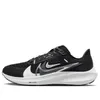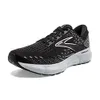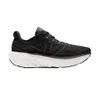How to warm up for a run — 5 running coach-approved exercises
Ready yourself for a an injury free run

Here at Tom’s Guide our expert editors are committed to bringing you the best news, reviews and guides to help you stay informed and ahead of the curve!
You are now subscribed
Your newsletter sign-up was successful
Want to add more newsletters?

Daily (Mon-Sun)
Tom's Guide Daily
Sign up to get the latest updates on all of your favorite content! From cutting-edge tech news and the hottest streaming buzz to unbeatable deals on the best products and in-depth reviews, we’ve got you covered.

Weekly on Thursday
Tom's AI Guide
Be AI savvy with your weekly newsletter summing up all the biggest AI news you need to know. Plus, analysis from our AI editor and tips on how to use the latest AI tools!

Weekly on Friday
Tom's iGuide
Unlock the vast world of Apple news straight to your inbox. With coverage on everything from exciting product launches to essential software updates, this is your go-to source for the latest updates on all the best Apple content.

Weekly on Monday
Tom's Streaming Guide
Our weekly newsletter is expertly crafted to immerse you in the world of streaming. Stay updated on the latest releases and our top recommendations across your favorite streaming platforms.
Join the club
Get full access to premium articles, exclusive features and a growing list of member rewards.
One of the reasons running is so popular is because it is such an accessible and affordable hobby to take up. However, making sure you are taking good care of your body so that it can perform at its best and avoid injury is essential.
When searching for ways to avoid running injuries, you will hear time and time again that you must warm up properly before setting off for a run. You may also have access to helpful warm-up advice inside one of the best running apps.
But if you're after more guidance, we’ve consulted a professional run coach — elite runner and run coach, Helen Gaunt — to nail down the perfect pre-run warm-up and the importance of incorporating warm-up exercises into your pre-run routine.
5 running coach approved exercises
Warming up before a run is crucial for priming your body and reducing the risk of injury. It gets your heart pumping faster, which means more blood flows through your body. This helps deliver more oxygen to your muscles which will help you to perform at your best during the run. Here are Gaunt's five essential warm-up exercises.
1. Donkey kick
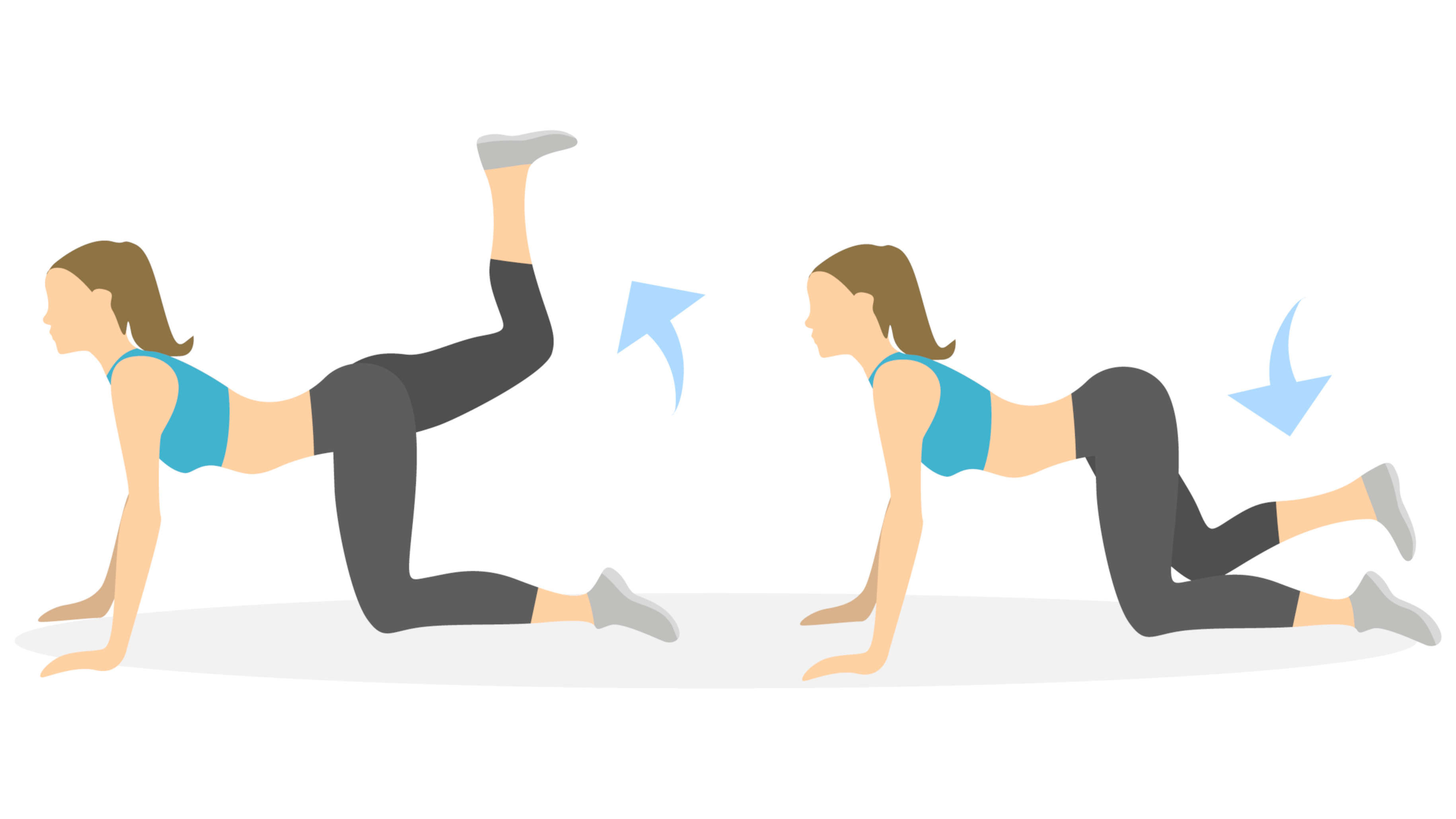
- Start on your hands and knees, with your wrists directly under your shoulders and your knees under your hips. Engage your core and keep your back flat.
- Lift one leg up behind you, keeping the knee bent at a 90-degree angle. Push your foot upwards toward the ceiling, focusing on engaging your glutes. Keep your hips square and avoid arching your back
- Lower your leg back down to the starting position and repeat on the other side.
Trainer tips:
Gaunt tells us that donkey kicks are a useful move to engage the glutes and fire up the gluteus maximus, minimus and medeus muscles pre-run for increased power. She recommends incorporating a medium-strength resistance band for more intensity to build strength with this move.
2. Fire hydrants
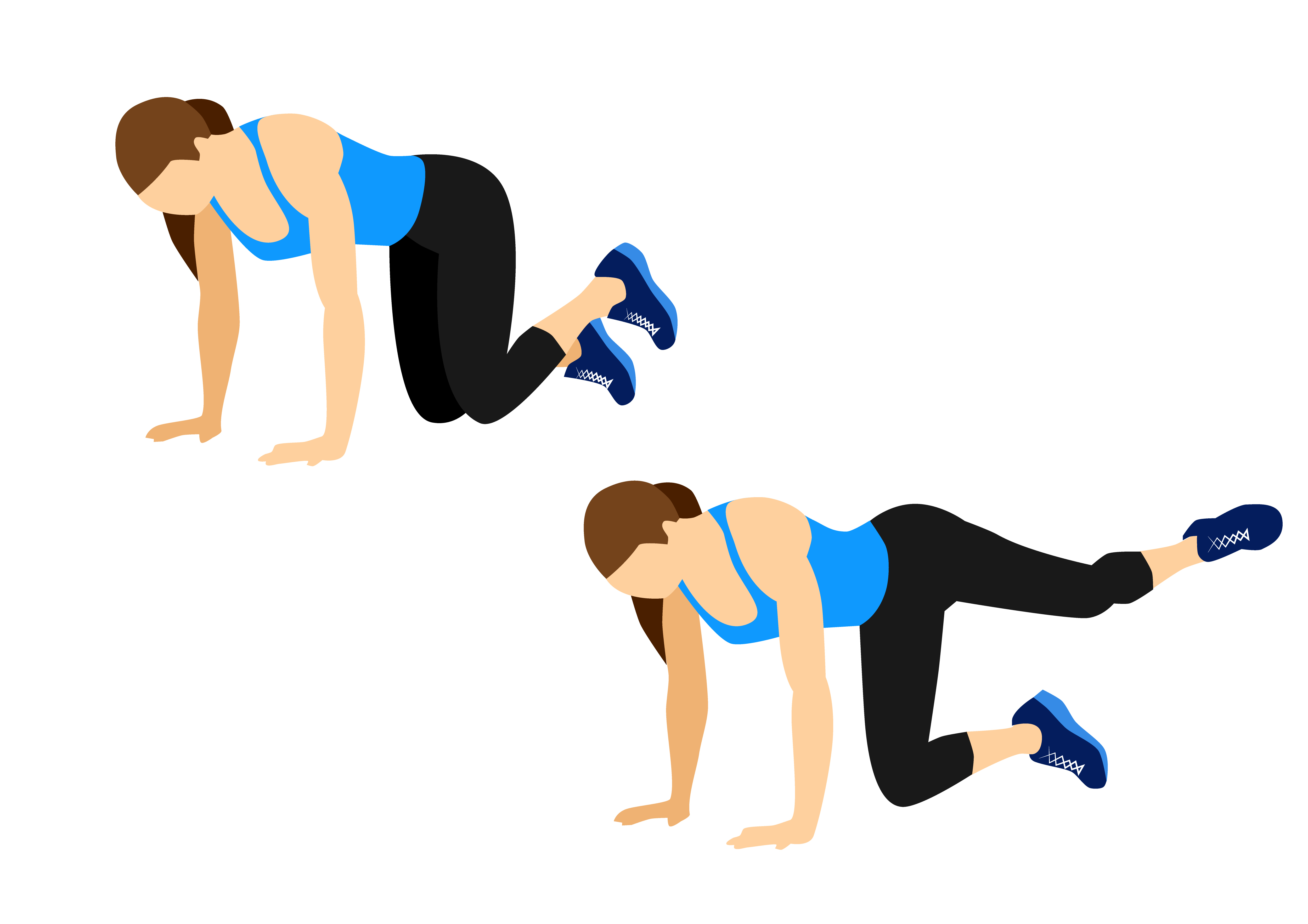
- Start standing or kneeling down. Lift one knee out to the side, keeping it bent at a 90-degree angle.
- Lift your knee as high as possible while maintaining control and stability through your core.
- Lower your knee back down to the starting position and repeat on the other side.
Trainer tips:
Gaunt explains that fire hydrants are a helpful exercise to open out the hips/pelvis and they also activate the glutes. You can also perform this warm up move with a medium strength resistance band for greater impact.
3. Calf raises
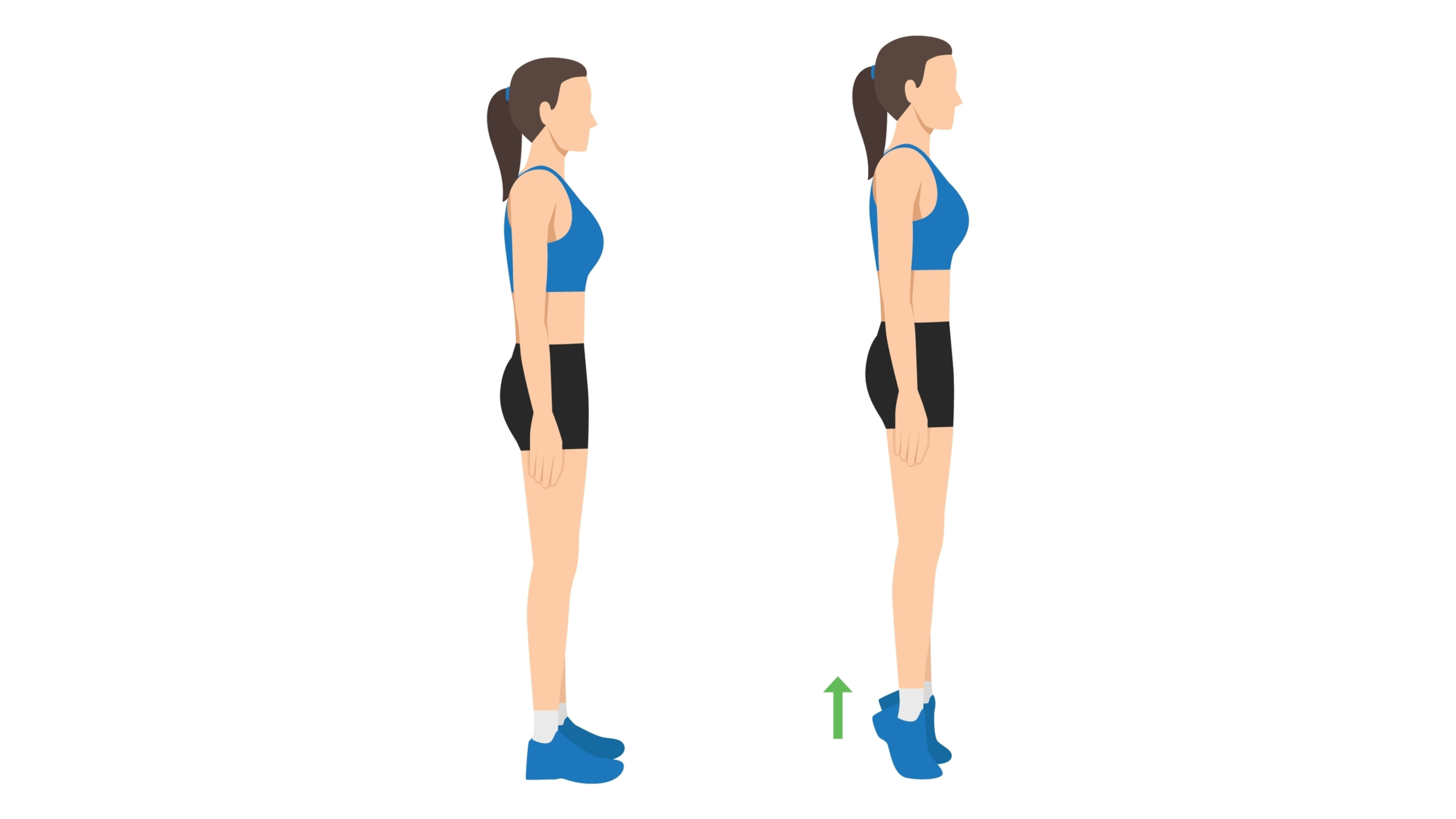
- Stand with your feet hip-width apart, ensuring your weight is evenly distributed. Engage your core and keep your spine aligned.
- Slowly lift your heels off the ground, rising up onto the balls of your feet.
- Hold at the top for a moment, then lower your heels back down to the ground.
Trainer tips:
"Calf raises prepare the feet, ankles and calves by warming up the muscles and strengthening up for greater foot control, encouraging you to push onto the forefoot when you run," explains Gaunt.
Get instant access to breaking news, the hottest reviews, great deals and helpful tips.
Warming up your calves properly is important to help guard against injury. This can be done on a step to allow full heel drop range, with weights in the hands to build strength, or on single feet to isolate each side .
4. Lunges
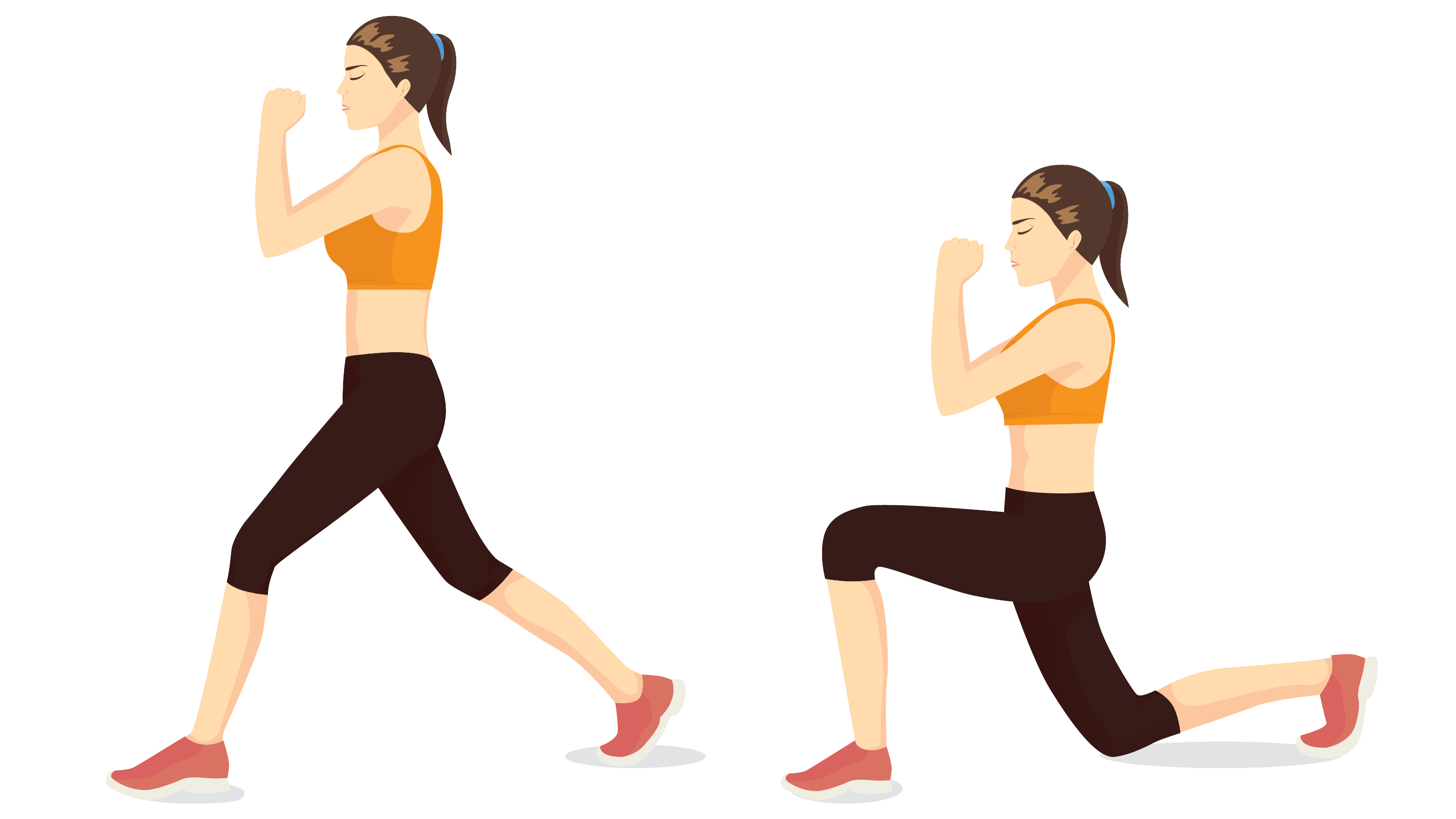
- Stand with your feet hip-width apart and your hands on your hips.
- Take a large step forward with one foot, bending both knees to lower your body toward the ground. Keep your front knee directly above your ankle and your back knee pointing toward the floor.
- Lower until your front thigh is parallel to the ground, ensuring your torso remains upright.
- Push through your front heel to return to the starting position. Repeat on the other side, alternating legs.
Trainer tips:
"Lunges slow down the running action," says Gaunt, "This is a useful compound move that fires up the glutes, hamstrings, hip flexors and quads." You can build this as a walking lunge going forward, backward, or sideways.
Or progress to the running man move where the foot tracks forward and backward without touching the floor, lifting the knee up at the front and then raising the foot with knee bent behind, moving the arms in alternation.
5. Leg swings
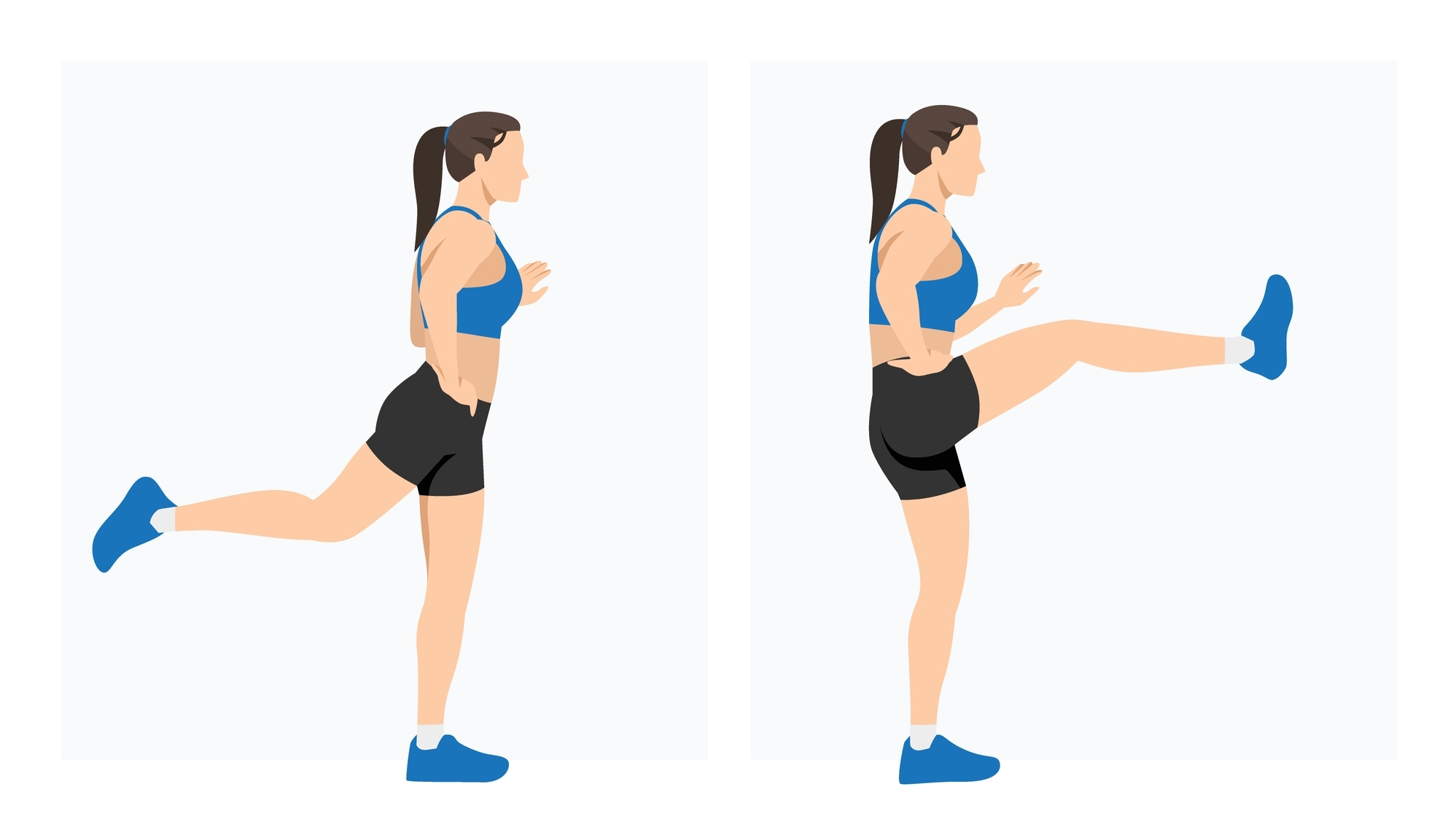
- Stand next to a wall or sturdy object for support. Shift your weight onto one leg and slightly bend that knee.
- Swing the opposite leg forward and backward in a controlled manner, focusing on a full range of motion. Keep your torso upright and engage your core for stability.
- Repeat for the desired number of swings, then switch to the other leg.
Trainer tips:
Gaunt tells us that leg swings help to mobilize the hip flexors and warm up the hamstrings to help stretch out your stride length from the get-go and will be great pre-race. You can do this with support for greater range.
More from Tom's Guide
- Best running phone holders 2024
- 9 ways to stay safe while running in the dark
- Wandrer helped gamify my running, and I think I prefer it to Strava

Jessica has been a fitness writer at Tom’s Guide since 2023, bringing three years of experience writing about health, fitness, and the great outdoors. Her passion for exercise began during her childhood, where she spent weekends hiking and competing in local athletics club events. After earning a master’s degree in journalism from Cardiff University, Jessica found the perfect way to combine her love of storytelling and fitness into a career.
Jessica is passionate about testing fitness gear and tech, using her reviews to help readers make informed buying decisions. She ran her first marathon in April 2024, finishing it in 3 hours and 48 minutes. Through her training, she’s developed a deep understanding of what it takes to grow as a runner, from effective workouts and recovery techniques to selecting the right gear for every challenge.
When she’s not at her desk, Jessica enjoys spending time in the kitchen crafting new recipes, braving cold water swims and hiking.
 Club Benefits
Club Benefits










